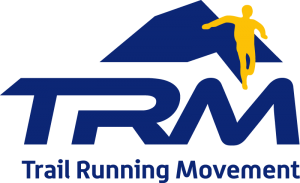
CARBOHYDRATES DURING THE COMPETITION: SCIENCE AND PRACTICE
Edited by: Dr. Giulio Merlini in cooperation with Trail Running Movement
One of the biggest issues for those who run long distances is the choice of the type of the carbohydrates ingested during the performance, as there are various options available, starting from the distinction often made between carbohydrates in gel and in liquid form. Although there is a need of further insights and additional studies, it is possible to say that the liquid option is the best because it does not cause disorders to the intestine (Sareban et al. 2015) and the performance does not seem to vary depending on the solution adopted. The reasons why endurance, ultra endurance and trail-running athletes need carbohydrates during competition, is related to the fact that they constitute together with lipids one of the most important nutrients used during prolonged exercise (Cermak, Van Loon 2013). In addition, the endurance is dependent on the glucose availability in the muscles and at the hepatic level: in fact carbohydrate intake is crucial in trail running, considering the inability to sustain prolonged exercise without a supplementary aid. We can then propose some basic points that follow the guidelines already adopted in other endurance sports. Before beginning a supplementation of carbohydrates, it would be a good practice to avoid taking other supplements during a calculated period of about 45min. This will help to obtain the increase of sensitivity of the glucose cells and to prevent premature fatigue of the digestive system, in particular of the gastrointestinal tract. The recommendation therefore is to take about 90 grams of carbohydrates per hour once exceeded the 45 minutes of activity, in order to obtain different results:
– ensure the performance, avoiding a premature drop,
– hydrate properly, thanks to the properties of the carbohydrates: for every gram of sugar stored you store about two grams of water (Bisciotti 2000),
– increased sensitivity of the ultra-endurance athletes in the base management of carbohydrates (referring to a recommended maximum of about 60 grams of carbs per hour for all activities that do not exceed 150 minutes of performance).
Although there are formulations containing proteins, they do not seem to play a key role as a support to the ergogenic performance (Mc Lellan, Pasiakos, Lieberman, 2014; Anthony et al. 2008), but they are important in the pre- and post-workout, in combination with lipids and carbohydrates. A disciplines such as trail running requires a planned supplementation program, organized several months before a competition, in order to have the time to evaluate the pros and cons of each element in relation to the individual characteristics of the athlete in being able to manage the product ergogenic at the best.
REFERENCES
- Antonio et al. (2008), Essentials of Sports Nutritionand Supplements, ISSN; p. 333
- Bisciotti GN (2000), Teoria e metodologia del movimento umano, Teknosport, Ancona
- Cermak NM, Van Loon LJ (2013). The use of carbohydrates during exercise as an ergogenic aid, Sports Med; 43 (11): 1139-1155
- Mc Lellan TM, Pasiakos SM, Lieberman HR (2014). Effects of protein in combination with carbohydrate supplements on acute or repeat endurance exercise performance: a systematic review, Sports Med; 44(4): 535-550
- Sareban et al. (2015). Carbohydrate Intake in Form of Gel is Associated With Increased Gastrointestinal Distress but Not With Performance Differences When Compared to Liquid Carbohydrate Ingestion During Simulated Long-Distance Triathlon, Int J Sport Nutr Exerc Metab




